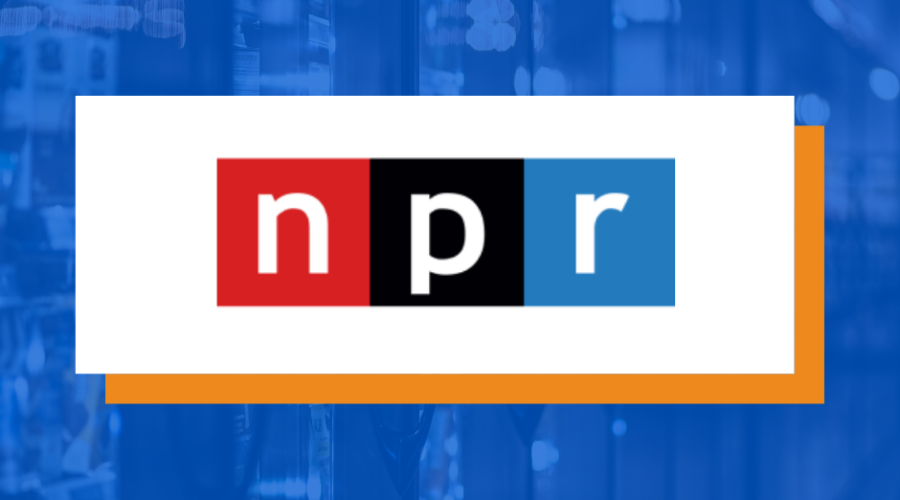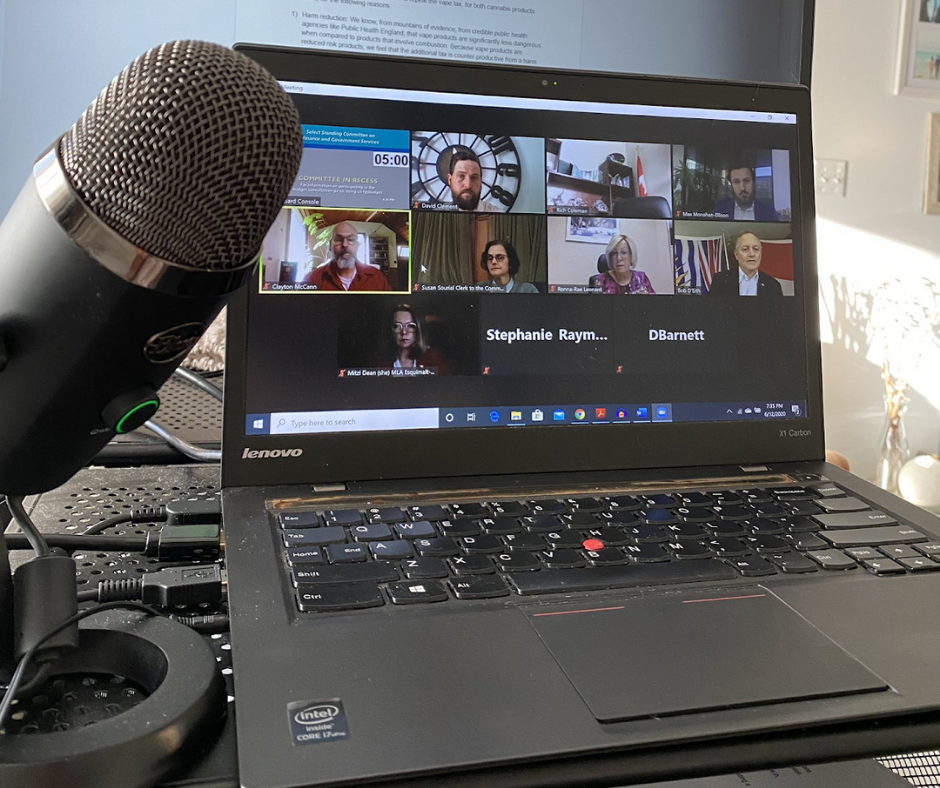Ga. legislature approves imposing 7% tax on vaping products
SAVANNAH, Ga. (WSAV) — A bill that would impose a 7% excise tax on vaping products sold in Georgia now sits on the governor’s desk.
On June 26, the state Senate gave its final approval in a 45-8 vote of Senate Bill 375, following the House’s vote of 123-33 on June 25.
The bill would also allow only adults aged 21 and older to purchase vaping products in Georgia.
“Convenience stores and gas stations are routinely selling these items to children, they had no reason to enforce the law because they didn’t have anything to lose except the sale itself,” said State Rep. Bonnie Rich, R-Suwanee, whose portion of the bill required any seller of vape products in Georgia to have a license from the Department of Revenue.
“Now, in order to have the right to sell, they’re going to have to follow the law and they’re going to have the Department of Revenue investigators kind of looking over their shoulders,” Rich told WSAV.com NOW.
In another effort to further protect youth from accessing vaping products, Senate Bill 375 also notes that no one, including adults or teachers, is allowed to have vape or tobacco products in school safety zones.
The bill’s 7% excise tax would be the first tax on vaping products in Georgia.
“The goal here was to put these vape products on par with the tobacco products, as the tobacco industry has, for a very long time, been paying excise taxes,” Rich said.
“It’s an issue of fairness to require these other nicotine delivery systems to pay an excise tax, as well, similar to what we did with respect to Airbnb and hotels, and Uber and taxis,” she said.
Nelson Hill, general sales manager of the Savannah-based Vape Loft, tells WSAV.com NOW that he believes the tax is fair.
“We’re pretty happy with that,” Hill said. “We’re lucky to live in a state like Georgia where they don’t hate vaping; I think that there’s a lot of miseducation and misunderstanding about it.”
He says he doesn’t feel the tax would prevent his customers from enjoying vaping products.
“There’s money off some of these taxations that pay for and produce a lot of things that we need, like schoolbooks, and that’s where a lot of this tax money from Big Tobacco comes from,” Hill said, adding, “So with vaping, I think they’re just trying to figure out a place where they can use some of our tax money to help produce good, as well.”
The excise tax on vaping products could potentially raise between $9.6 million and $14.5 million in revenue.
Yaël Ossowski, deputy director of the Consumer Choice Center, says that the vaping tax would come at the expense of poor consumers and could push many Georgians back to traditional cigarette use, which would have a detrimental impact on public health.
“Vaping products don’t exist just for fun, these exist because they give an alternative to former smokers who want to quit, so because people have this option, they’re actually able to improve their life, they’re actually able to live longer,” Ossowski told WSAV.com NOW.
He says such a tax is almost like penalizing people for making a “more responsible decision.”
“People who have transitioned away from traditional tobacco products are now going to have to pay more for exactly what they bought yesterday, and the entire idea of this is that we need to raise money, but it’s really a drop in the bucket,” Ossowski said.
“If we look at what’s happening at the state level, there’s a lot of money in the rainy day fund, and we really think that trying to increase costs for consumers — specifically poor consumers — who are trying to make a better option for their lives is really unfair,” he said.
Now that the House has passed Senate Bill 375 and the Senate has made its final approval, Gov. Brian Kemp has until early August to decide whether to veto it or sign it into law.
“After those 40 days, if he does nothing, then the bill will go into effect; however, he also has the option of signing the bill within that 40-day period, which is kind of signaling that he really supports it,” Rich said.
The cigarette tax in Georgia remains the same at 37 cents per pack — one of the lowest cigarette tax rates in the country.
Originally published here.
The Consumer Choice Center is the consumer advocacy group supporting lifestyle freedom, innovation, privacy, science, and consumer choice. The main policy areas we focus on are digital, mobility, lifestyle & consumer goods, and health & science.
The CCC represents consumers in over 100 countries across the globe. We closely monitor regulatory trends in Ottawa, Washington, Brussels, Geneva and other hotspots of regulation and inform and activate consumers to fight for #ConsumerChoice. Learn more at consumerchoicecenter.org












